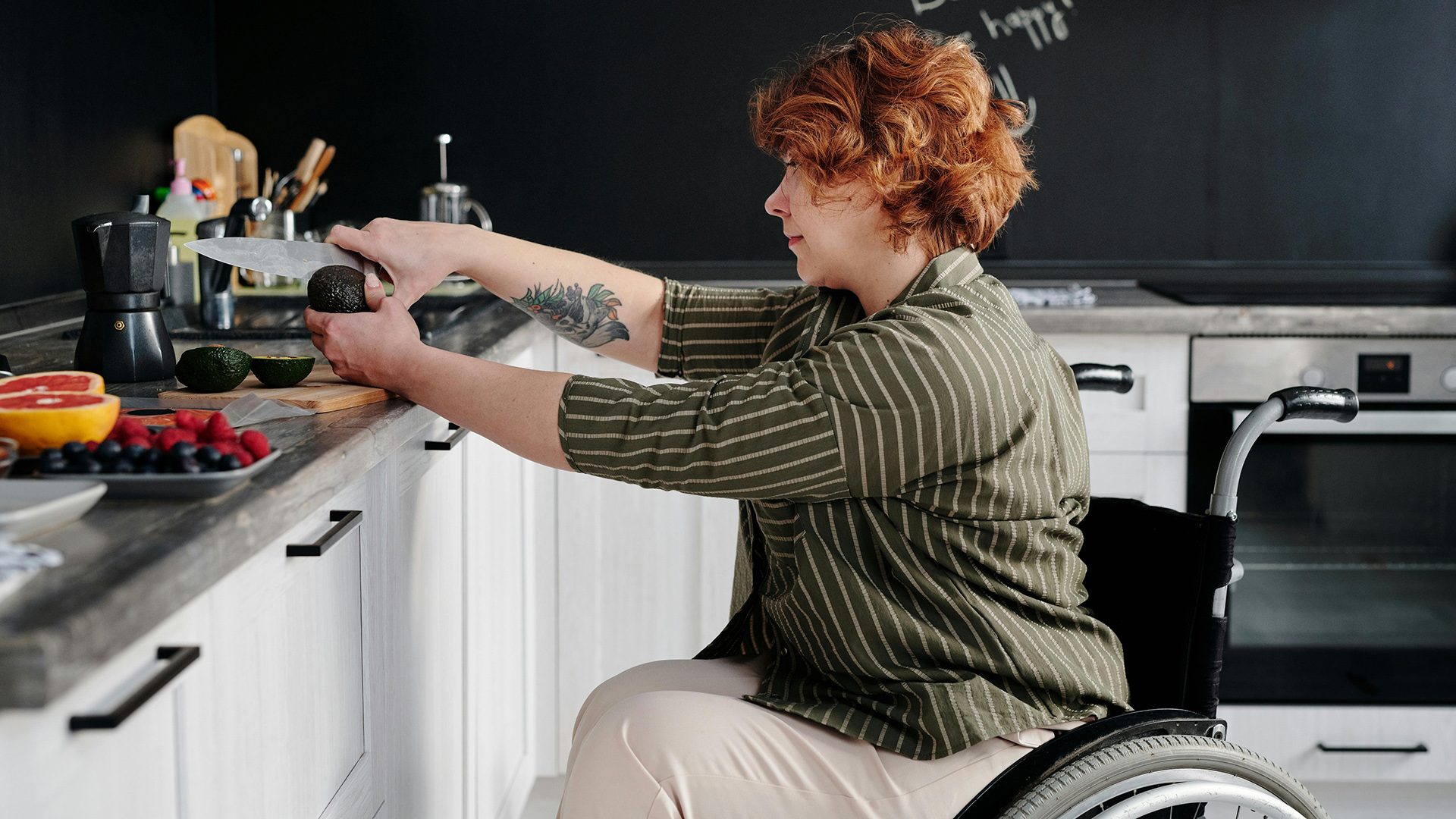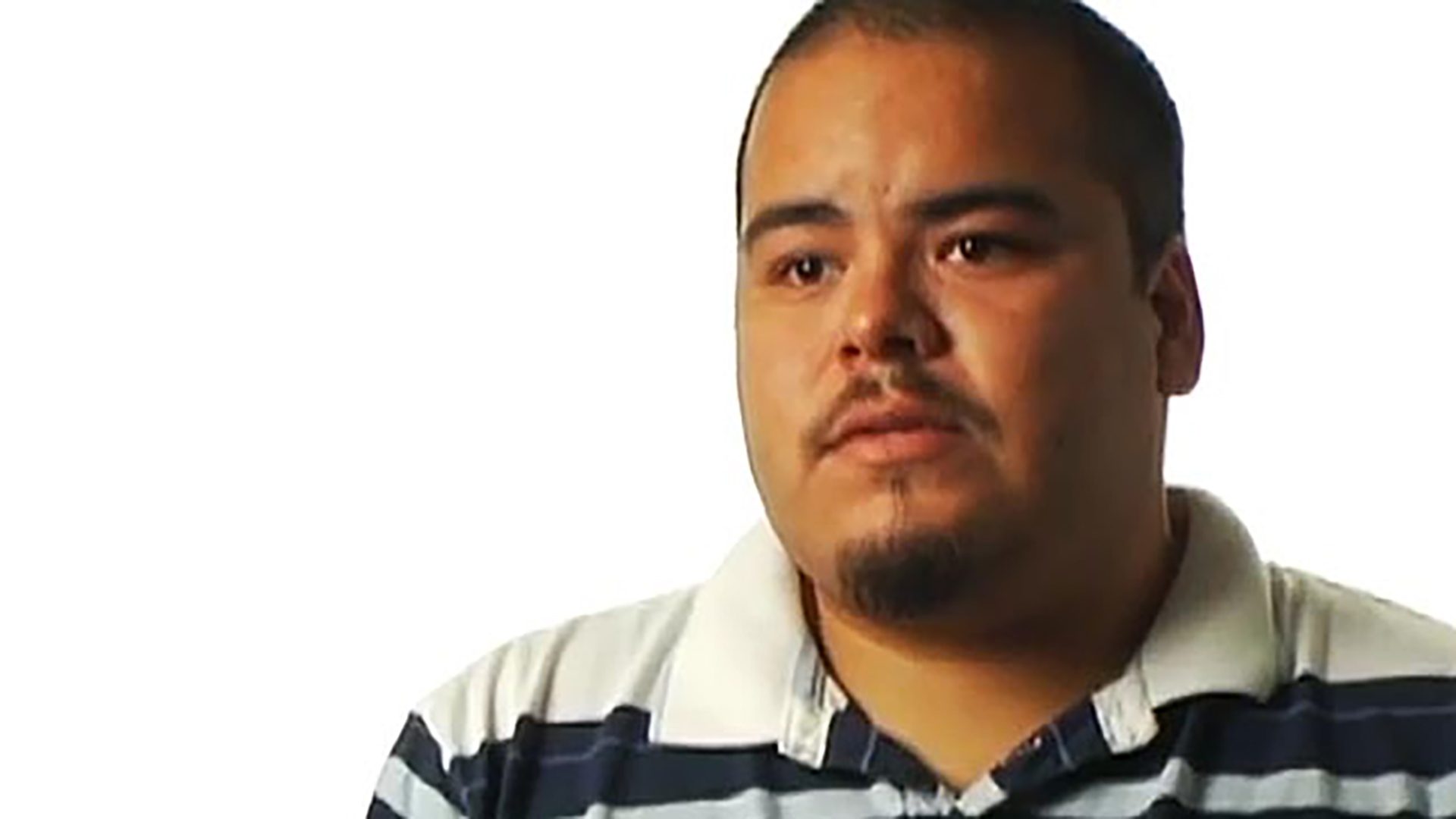Making Changes to Your Home
During and after cancer treatment, you may benefit by making certain physical changes to your home. These accommodations can make life easier and safer during and after cancer treatment.

If You Own the Home
If you or loved ones own the home in which you live, it may be possible to make bigger changes. However, many changes are easy to make.
Helpful changes to your living space:
- Easy-to-reach clothing rods in closets.
- Cordless phone or speaker phone.
- Kitchen appliances and sinks set up for easy access.
- Bed at the right height for transfers.
- Carpeting or floor surface that is easy to walk on, or to use a walker or wheelchair on.
- Cart with wheels to lessen the need to carry things.
- Door lever handles instead of turn knobs.
- Ramps for easy entry into the home.
Helpful changes to your bathroom:
- Shower seat.
- Hand-held shower head.
- Safety or grab bar.
- Raised toilet seat or commode.
Some types of physical changes may not require a contractor. Loved ones, friends or a volunteer may be able to do the work. More complex changes, such as designing and building a ramp, may need to be done by a contractor. Find out if you’ll need a building permit to make more complex changes to your home.
A Center for Independent Living (CIL) is a nonprofit agency run by people with disabilities within local communities. There are CILs throughout the U.S. and they provide information, peer support, skills training and advocacy services.
Many CILs work with nonprofit assistive technology programs. These programs can suggest changes that might be made to your home to help meet your needs. They generally do not sell products or charge a fee for their services.
Steps to Making Changes to the Home You Own
- Make a list of things that are difficult to do in your home.
- Write down things that can be done to make life at home easier for you.
- Make a list of the names of people who are willing to help you make the changes.
- Make a list of the steps you need to take if you need permits or permission to make changes.
If You Rent the Home
You can ask for changes to a rental property due to a disability. State or federal laws may apply to you if cancer has caused a disability. The Americans with Disabilities Act (ADA) is a federal law that supports rights to make needed changes. You can read more about how the ADA may protect you at the U.S. Department of Health and Human Services website.
You will most likely have to pay for the costs of making the changes. The owner of the property may also ask you to pay the costs of returning the property to the way it was when you move out. The property owner must approve changes before you make them.
Helpful changes at a rental property
- Allowing a renter to move to a lower floor if necessary.
- Adding grab bars in the bathroom or hallway.
- Lowering countertops or widening doorways if a wheelchair is needed.
- Permitting a renter to live with a service animal.
- Providing a reserved parking space.
- Providing property rules and documents in large print.
- Allowing a live-in aide.
Steps to Making Changes to Your Rental Home
- Learn about housing rights for people with disabilities.
- Think about specific changes that you need.
- Talk with the property owner about changes that are needed to make the home safer because of your disability.
- Make a formal request for the changes.
Legal Protections to Help With Housing
For renters, review your rental lease if you plan to ask for changes. The lease may already allow you to do some things. If it does not, check into state and federal fair housing laws. These laws protect people with disabilities.
Some of the laws apply to housing issues such as the fair sale, rental or financing of a home. They can also help people make needed changes to their home. If you meet program requirements, you may be able to get a deferred, interest-free loan to:
- Buy a home.
- Build a home.
- Make needed changes to property.
- Get assistive technology and services.
For more information, contact the U.S. Department of Housing and Urban Development (HUD). HUD provides online and printed information about the Fair Housing Act and other housing laws. Also, check with your state’s Medicaid program to find out if you qualify for financial assistance.
Assistance Programs
Assistance programs help those who do not have the income for basic needs. Housing is a basic need. Other basic needs include food, health care and utilities. If you need help, contact your local health and human services office to find out what is available in your area.
Housing assistance programs usually have very long waiting lists. Apply for these and other types of services as early as possible. When you apply, ask if your health condition will be given priority. If it is considered to be a priority, there may be a much shorter waiting period.

